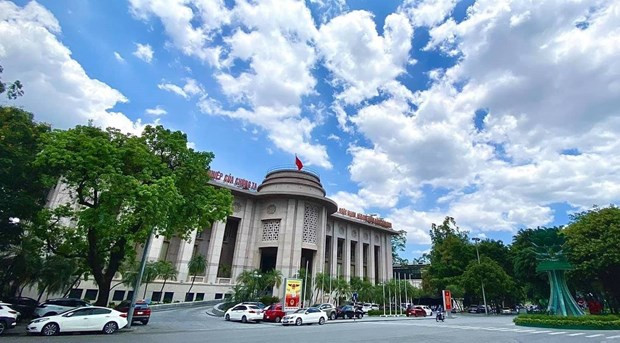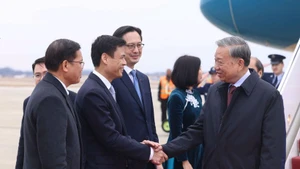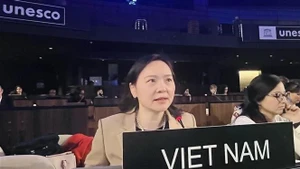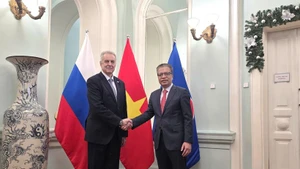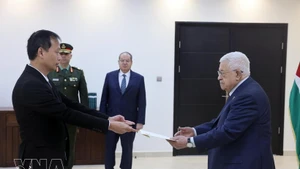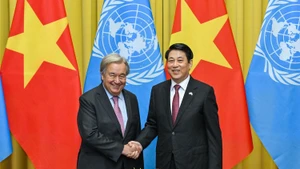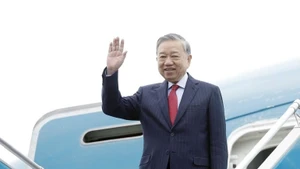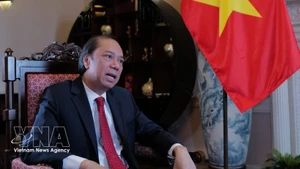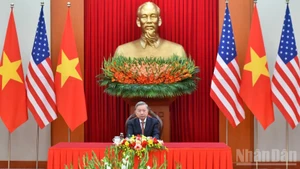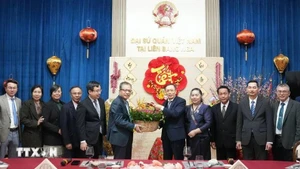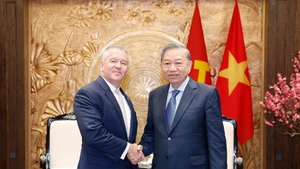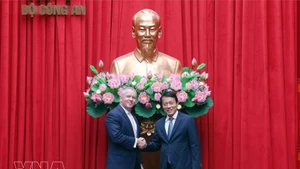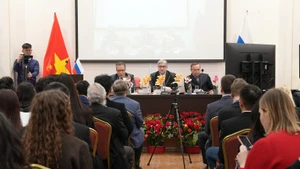The State Bank of Vietnam (SBV) said that the report, released on June 17, continued to base on three criteria to make assessments, namely trade surplus with the US, current account surplus, and persistent and one-sided intervention in the foreign currency market.
In the report, the US Department of the Treasury placed seven economies on the monitoring list of major trading partners that merit close attention to their currency practices and macro-economic policies, comprising China, the Republic of Korea, Germany, Malaysia, Singapore, Switzerland, and Taiwan (China).
It also found that no major trading partner manipulated currency during the period from January to December 2022. During the period, Vietnam exceeded only one of the three criteria, on trade surplus, so it was excluded from the monitoring list.
The SBV said that at bilateral meetings with the central bank of Vietnam, the US Department of the Treasury continued highly valuing the SBV’s governance of the monetary and foreign exchange policies, which have managed to sustain stability of the financial market, the monetary market, and the macro-economy amid numerous difficulties and challenges.
The SBV has repeatedly affirmed the consistent target of Vietnam’s monetary and foreign exchange policies is to help control inflation, stabilise the macro-economy, and ensure safety for credit institutions. It has been making efforts to gradually modernise and promote the transparency of the monetary and foreign exchange policy frameworks.
The bank has governed foreign exchange rates in a proactive and flexible manner that matches the development level of its foreign exchange market and economic factors. It has not used the foreign exchange policy to create an unfair competitive edge while ensuring the foreign exchange market’s stable and smooth operations to help with macro-economic stability.
It added that it will continue governing the monetary and foreign exchange policies in the abovementioned manner and actively coordinating with ministries and sectors to work on the issues of the US side’s concern in the cooperative and goodwill spirit.
